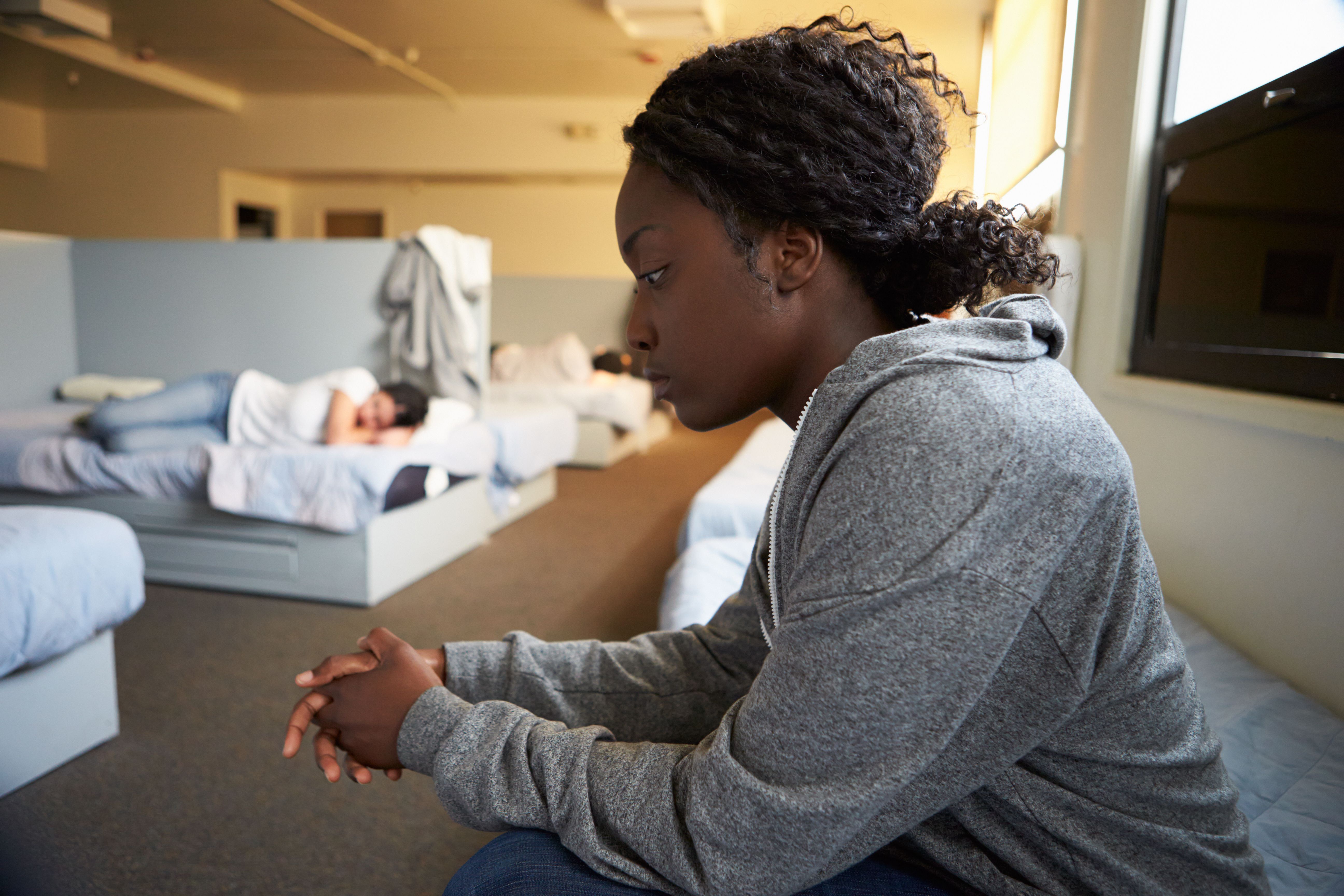
Experiencing homelessness is stressful. Not knowing where ones next meal will come from, whether one will be safe while asleep, if there's even a way out. April is Stress Awareness Month. We all deal with stress on a day-to-day basis. But the trauma of homelessness causes the level of stress that affects cognitive function, impairing our ability to solve problems, control behaviors, follow through with plans, and override impulse behaviors. In short, “the cognitive abilities we need to resolve a crisis are the same abilities that are diminished during that crisis(1)."
The stress caused by experiencing homelessness is only exacerbated by mental and physical disabilities. 24% of individuals served by REALTOR® Foundation grants in 2022 identified as struggling with mental and/or physical health issues. That equates to over 1,300 people(3). We know that housing is healthcare; the importance of stable shelter when one is also struggling with substance abuse, mental illness, developmental disability, medical conditions (diabetes, HIV/AIDS), or simply the fragility of being elderly, is particularly important. The ways in which one normally deals with stress- removal of stressors, meditation, medication, a good diet, and good sleep- are nearly impossible while one is unhoused.
Tack on struggling with a mental illness. Homelessness is experienced more chronically and for longer periods of time by those with severe mental illnesses, making up 35% percent of the total homeless population and up to 75% of women experiencing homelessness. Due to the struggles of mental health barriers, these vulnerable populations most likely already distanced themselves from family and friends. Many are released from hospitals and jails with no community supports in place (2).
“People experiencing homelessness encounter social exclusion, reduced access to treatment resources, stress, violence, and trauma—which can all contribute to adverse mental health—ultimately hindering their ability to overcome housing instability and mental illness (2).”
Homelessness is a crushing, vicious cycle that only continues to exacerbate stress triggers and social isolation for our vulnerable neighbors struggling with their mental health. Getting back to stability requires assistance from the community through trauma-informed programs and personal case management. And most of all, compassion and care. It starts with addressing the basic needs of one experiencing homelessness, but the path to recovery is much more complex. The REALTOR® Foundation invests in organizations providing the kind of care necessary for our vulnerable neighbors to secure and maintain housing, employment, and healing, offering safe havens to decompress and de-stress. We envision a central Indiana where everyone has a safe place to call home, and reaching that goal requires aiding our neighbors in need in ways that house them for a lifetime. So, the next time you feel stressed out and overwhelmed, think of our vulnerable neighbors without a safe place to call home. We all deserve a place to de-stress. Support healing, housing, and health by donating today at realtorfoundation.org/donate.html.
Thank you for reading.
Sources:
1. Canadian Observatory on Homelessness. (n.d.). Mental health. Mental Health | The Homeless Hub. Retrieved April 4, 2023, from https://www.homelesshub.ca/about-homelessness/topics/mental-health
2. Lai, A. (2021, May 28). The 'Crushing' Cycle of Homelessness and Mental Illness. Breaktime. Retrieved April 4, 2023, from https://www.breaktime.org/post/the-crushing-cycle-of-homelessness-and-mental-illness
3. REALTOR® Foundation 2022 Final Grant Reports from 2022 Grant Recipient Organizations
